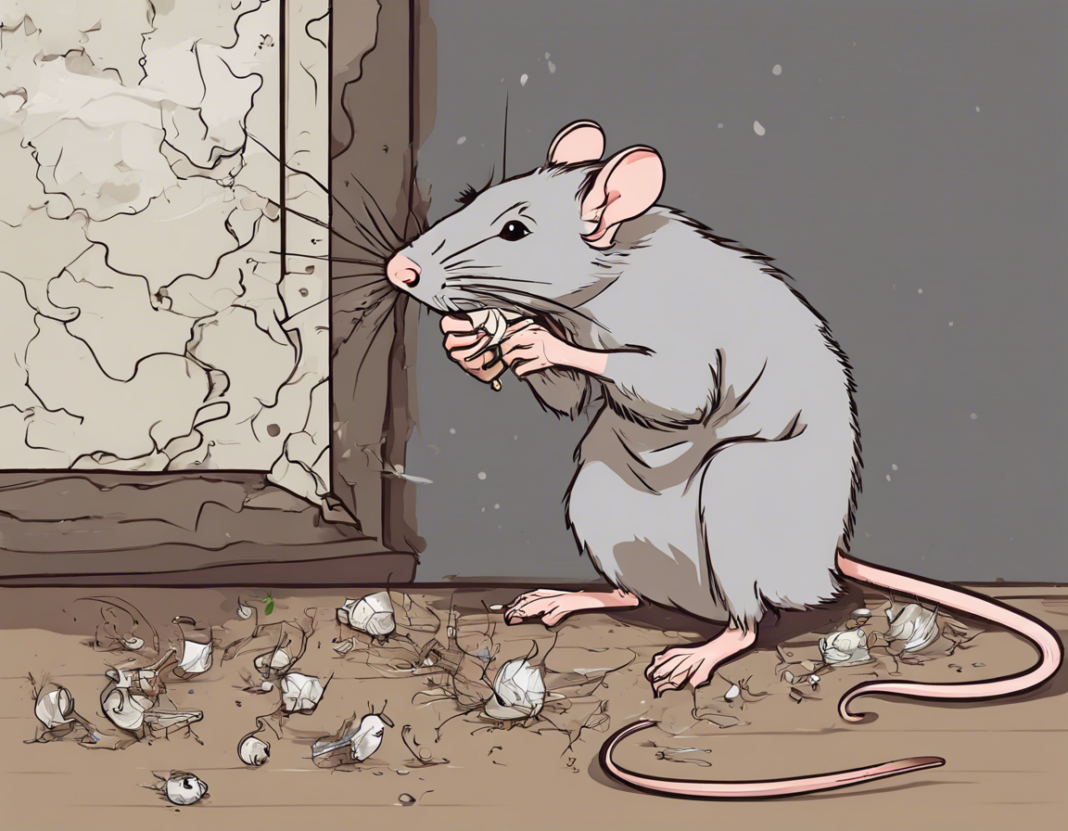“To Smell A Rat“: Uncovering the Meaning Behind the Idiom
Idioms are a fascinating aspect of language that add depth and color to our communication. One such idiom that often piques curiosity is “to smell a rat.” This expression is not meant to be taken literally; rather, it holds a figurative meaning that conveys suspicion or the sense that something is not quite right. In this comprehensive guide, we will delve into the origins of this idiom, explore its usage in various contexts, and provide examples to help you understand its meaning more clearly.
The Origins of “To Smell A Rat”
The exact origins of the idiom “to smell a rat” are somewhat unclear, as is the case with many idiomatic expressions. However, its roots can be traced back to the behavior of rats themselves. Rats are known for their keen sense of smell and their ability to detect danger or perceive something amiss. It is this association with rats’ cautious and wary nature that likely inspired the creation of this idiom.
Usage of the Idiom “To Smell A Rat”
The idiom “to smell a rat” is commonly used in English to express suspicion or a feeling that something is not right in a particular situation. When someone smells a rat, they are sensing that there may be deceit, dishonesty, or hidden motives at play. This idiom is often used in informal conversations, written texts, and even in more formal settings to convey a sense of skepticism or distrust.
Examples of “To Smell A Rat” in Context
- After discovering discrepancies in the company’s financial records, Sarah smelled a rat and decided to investigate further.
- The politician’s sudden change of heart on the issue made the public smell a rat and question his motives.
- Detective Ramirez had been in the field for long enough to smell a rat whenever a suspect’s story didn’t quite add up.
Related Idioms and Expressions
- Fishy: Similar to “to smell a rat,” this idiom implies that something seems suspicious or questionable.
- Something’s Not Right: This expression is used to convey a feeling of unease or suspicion about a situation.
When to Use “To Smell A Rat”
It is important to note that the idiom “to smell a rat” should be used in appropriate contexts where suspicion or distrust is being implied. This expression is not suitable for situations where no deceit or dishonesty is present, as it may convey a negative or accusatory tone.
How to Incorporate “To Smell A Rat” in Your Vocabulary
If you wish to enhance your English language skills and incorporate idiomatic expressions like “to smell a rat” into your vocabulary, consider practicing by using the idiom in conversations, writing exercises, or even by observing its usage in movies, books, or news articles. Familiarizing yourself with the context in which this expression is used will help you deploy it effectively in your own communication.
FAQs – Frequently Asked Questions
- What does “to smell a rat” mean?
-
The idiom “to smell a rat” implies sensing suspicion or detecting deceit in a situation.
-
Are there similar idioms to “to smell a rat”?
-
Yes, idioms like “something’s fishy” or “to have a gut feeling” convey a similar sense of skepticism.
-
Can “to smell a rat” be used in formal writing?
-
While idiomatic expressions may not always be suitable for formal writing, “to smell a rat” can be used judiciously in appropriate contexts.
-
Is there a difference between “to smell a rat” and “to have a gut feeling”?
-
While both idioms convey a sense of suspicion, “to smell a rat” specifically implies detecting dishonesty or deception.
-
How do idiomatic expressions enhance language proficiency?
- Idioms add depth and nuance to language, allowing speakers to convey complex ideas or emotions in a succinct and vivid manner.
In conclusion, the idiom “to smell a rat” serves as a powerful linguistic tool for expressing suspicion and distrust in various situations. By understanding its origins, meaning, and usage, you can effectively incorporate this expression into your vocabulary and enhance your overall language proficiency. So, the next time you smell a rat, trust your instincts and delve deeper into the situation to uncover the truth.

